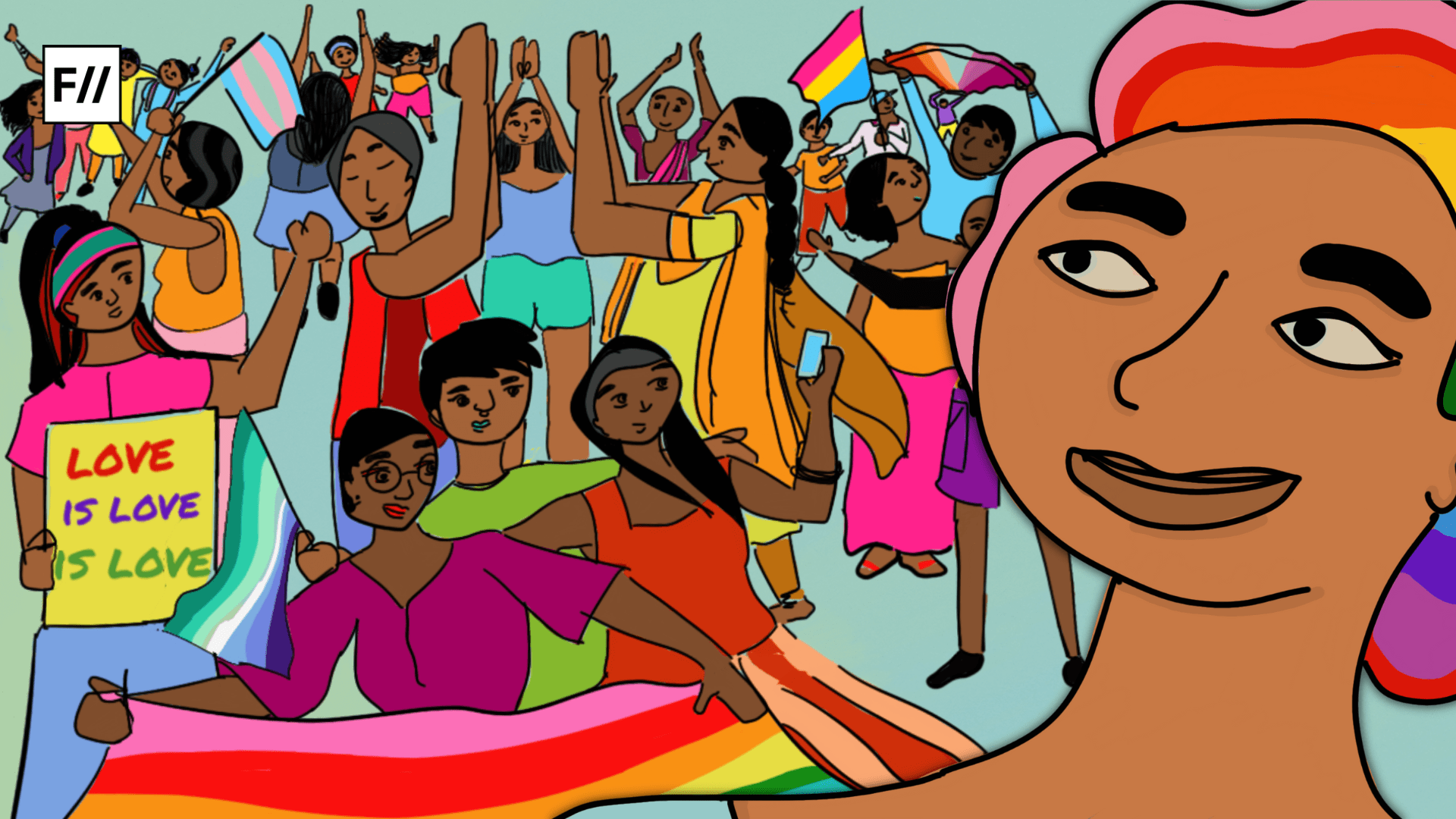In Navtej Singh Johar v. Union of India, the Supreme Court read down Section 377 of the Indian Penal Code, decriminalising consensual same-sex relationships. A first step in affording queer people meaningful equality before the law and remedying deeply entrenched legal and institutional homophobia, the move was rightly heralded as a watershed moment for LGBTQ rights and queer dignity.
But while the reading down of Section 377 remedied a 160-year-long colonial legacy of legally-sanctioned homophobia, six years on, Indian institutions continue to be homophobic and often fail to ensure equality before the law and equal protection of the law for members of the LGBTQ community. While the 2018 judgement addressed homophobia in statutory law, that hasn’t necessarily translated to other forms of institutional homophobia being eradicated.
While the 2018 judgement addressed homophobia in statutory law, that hasn’t necessarily translated to other forms of institutional homophobia being eradicated.
Examples of such institutional homophobia are numerous, but a recent Madras High Court ruling is the latest example of this institutional bias. While hearing the bail petition of the accused in a case of sexual violence, where a gay man was sexually assaulted by a man he had met on Grindr, the judge hearing the case noted that the app was being used to commit offences.
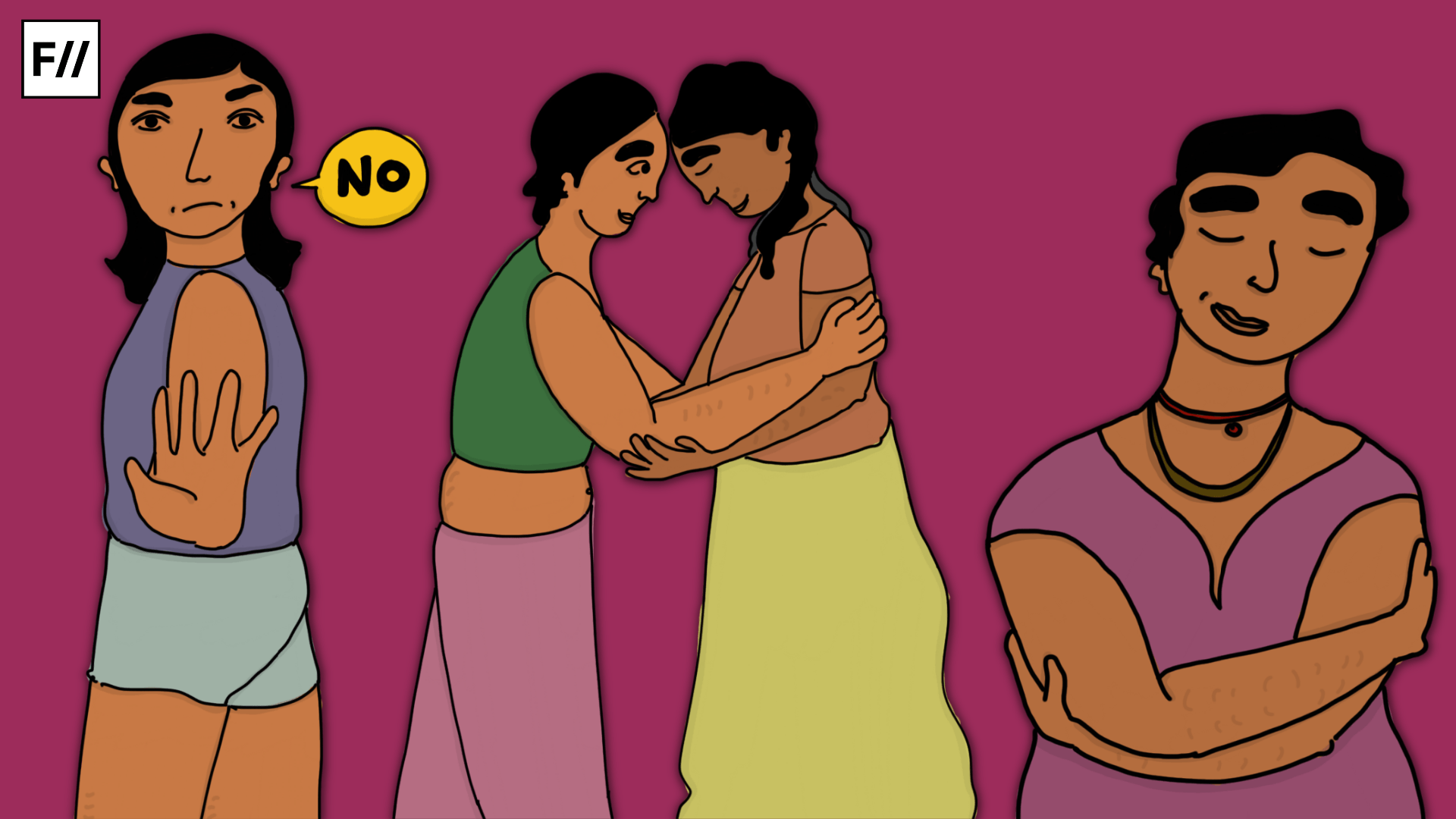
Grindr is a queer dating app used predominantly (but not limited to) by gay and bisexual cis-men and transgender people. The judge noted that the purpose of the app was ‘illegal not for the question of being homosexual but for serving only a prurient and sexual interest of the parties.‘ He also asked the police to write to the central government’s Ministry of Electronics and Information Technology, asking them to take ‘appropriate action‘ against the app, including blocking access to it.
Homophobia, paternalism, and policing queer lives
Stating a queer dating app is a site for the commission of crimes and suggesting it be banned because it exists to serve the ‘prurient and sexual interests‘ of queer people is blatant homophobia masquerading as paternalism. Positioned as concerns for the safety and protection of queer people, the Court is essentially policing queer people and their romantic and sexual lives.
While there are scores of instances of institutional moral policing, in this instance the moral policing and alarmism over soliciting sex on Grindr comes from a place of homophobia; especially when we consider the fact that numerous such apps exist, aimed predominantly at heterosexual people. Grindr is one of the most commonly used, mainstream dating apps for queer people, and prohibiting its use on such flimsy grounds, predicated entirely on one instance of its misuse, is discriminatory and speaks to the desire to police queer people and queer relationships.
Queer people need equal rights and protections and inclusivity from our courts and other institutions, not state meddling in their private lives, paternalism, or homophobia in the garb of ensuring their safety and wellbeing. Due to a combination of social, economic, and institutional factors, accessing policing or courts becomes a fraught process for the LGBTQ community.
Sexual violence against queer people is a problem, the solutions to which pivot on committing to institutional reforms, inclusive policies, sensitising stakeholders, and community education and awareness.
Filing a complaint of sexual violence entails the risk of being outed, social ostracisation, harassment by the police, and having to navigate a homophobic system that not only others queer people but doesn’t afford them the same protections of the law. Sexual violence against queer people is a problem, the solutions to which pivot on committing to institutional reforms, inclusive policies, sensitising stakeholders, and community education and awareness.
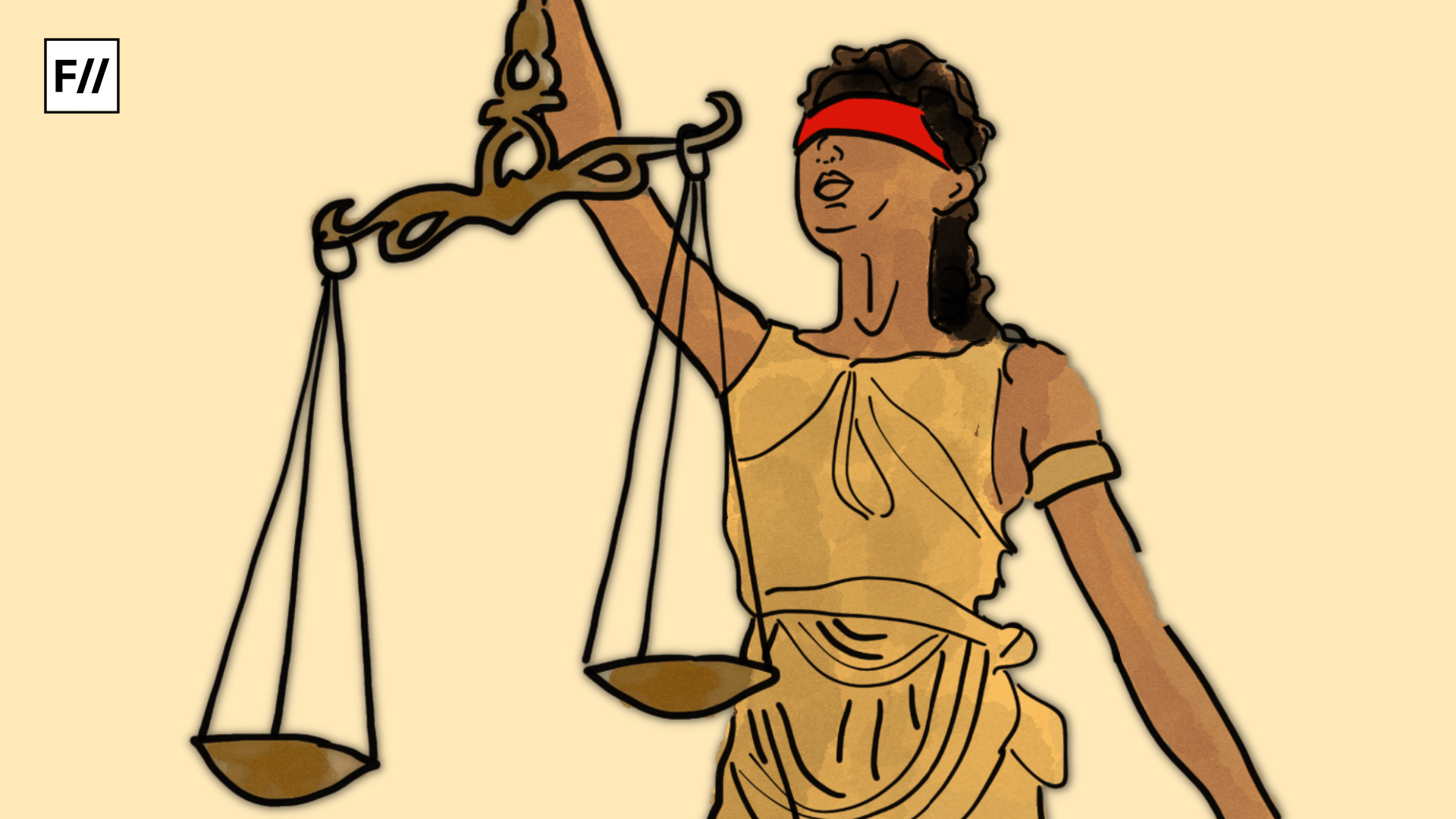
Identifying and targeting Grindr – or banning it – as the cause or facilitator of violence within the LGBTQ community detracts from larger issues of institutional failures and systemic homophobia that make queer people more susceptible to all forms of sexual and physical violence. While queer people, globally, face higher levels of intimate partner violence compared to the heterosexual population, date rape is not a phenomenon limited to the queer community. Further, date rape – irrespective of the victim or perpetrator’s sexuality – isn’t a problem originating or limited to dating apps or necessarily even dates found on the internet.
Although apps like Grindr have their own set of issues with regards to the mental health of users, addiction, and identity theft; this phenomenon is not unique to Grindr and is just as true for other dating apps used chiefly by straight people. While these problems need to be addressed through suitable regulations and appropriate socio-legal interventions, it is not for the courts to police whether people should or shouldn’t use such apps altogether. This is excessive state intervention in the private lives of citizens, and only a specific class of citizens, making it discriminatory.
Further, queer people have very few avenues to find partners or community. Apps like Grindr allow them to do so with ease and relative safety while keeping their identities concealed and protecting them from being a target of homophobes.
Further, queer people have very few avenues to find partners or community. Apps like Grindr allow them to do so with ease and relative safety while keeping their identities concealed and protecting them from being a target of homophobes. While institutionalised homophobia and inadequate laws continue to fail queer victims of sexual violence, it is unconscionable that instead of remedying this, our courts are trying to police queer lives. Apart from issues of homophobia, moral policing, and discrimination, the remarks also play into long-held homophobic ideas of queerness being a form of sexual depravity and degeneracy.
Homophobic ideas of queerness and sexual degeneracy
For much of modern history, homosexuality was considered a pathology, with the American Psychiatric Association’s Diagnostic and Statistical Manual of Mental Disorders (DSM) listing it as such until 1987 and the World Health Organisation’s International Classification of Diseases (ICD) classifying it as a disease until 1990. Even with popular perception, in many places across the world, queerness is still often considered a deviation from the norm or a form of sexual perversion.
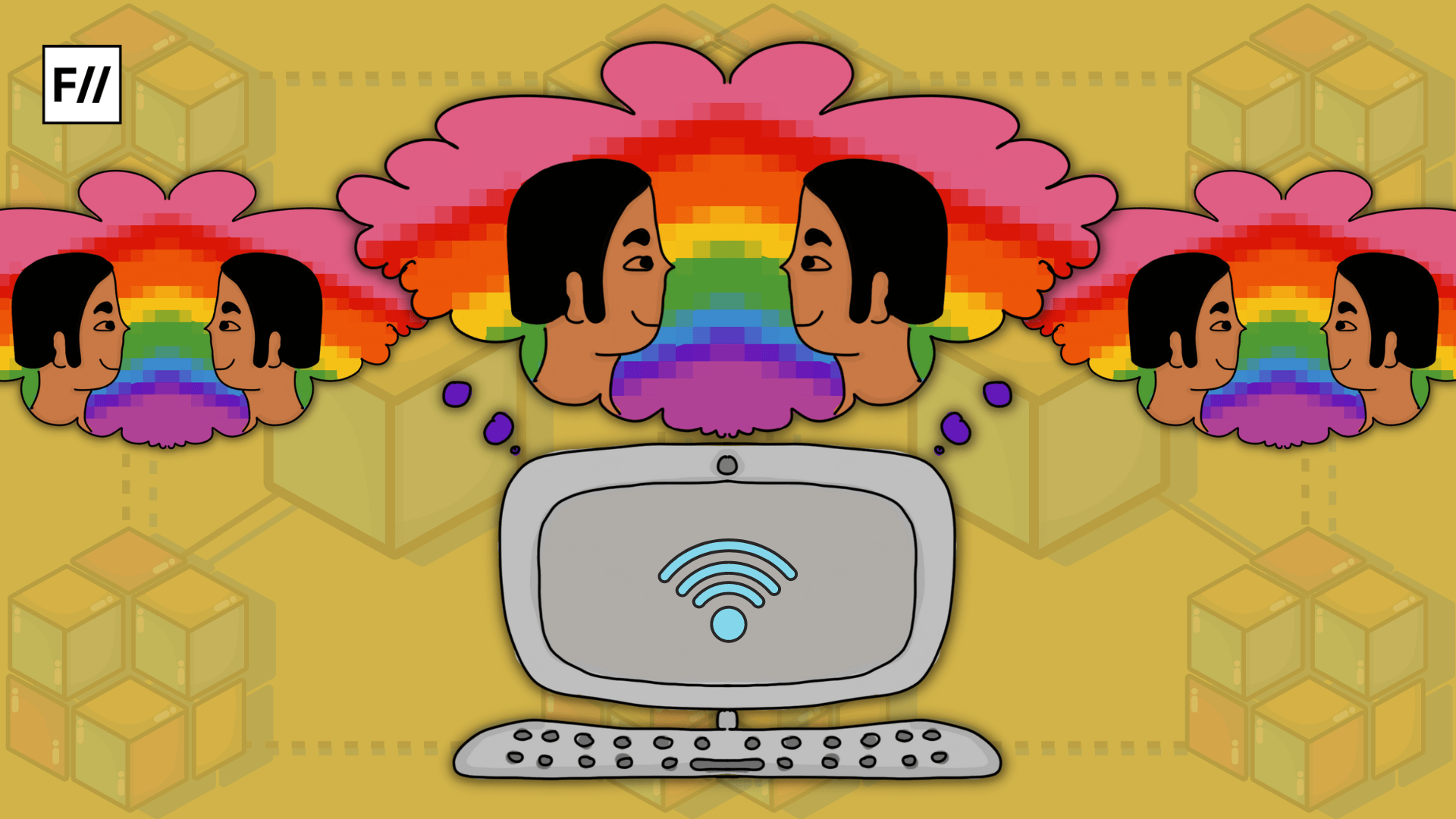
Given this historical and present context, where queerness is often egregiously considered a pathology or abnormality, further associating it with crimes or sexual violence is a disservice to the decades of work LGBTQ activists have done to increase social acceptance and understanding of queerness. And asserting a queer dating app is being used to commit offences and deeming it ‘illegal‘ fuels the myth of queerness and sexual degeneracy.
Drawing associations between queerness and criminality also informs social perspectives of queerness. Popular perceptions influence institutional understanding and institutional stances in turn afford social and cultural beliefs legitimacy, in effect creating a vicious feedback loop that perpetuates homophobia and normalises it. Viewing minority groups as sexual deviants or more prone to criminality leads to the systematic denial of their rights and institutional injustices committed against them with impunity.
In a country with little awareness of sexual or gender minorities, where members of the LGBTQ community continue to face social, economic, and political sidelining, it is crucial that institutional understanding of queerness be fact-based and nuanced; so as to not negatively feed social perceptions or legitimise harmful and homophobic myths.
Viewing minority groups as sexual deviants or more prone to criminality leads to the systematic denial of their rights and institutional injustices committed against them with impunity.
Six years since the reading down of Section 377, it’s long overdue that institutional understanding of queerness centre individual rights and dignity, commitment to inclusivity and sensitisation, and true equality before the law and equal protection of the law. While there is an urgent need for various social, legal, and institutional reforms to address issues of homophobia and violence against queer people; a necessary step in this direction is for courts, policing, and other institutions to practice and commit to true inclusion, in order to finally remedy in practice what the 2018 Supreme Court decision remedied on paper.
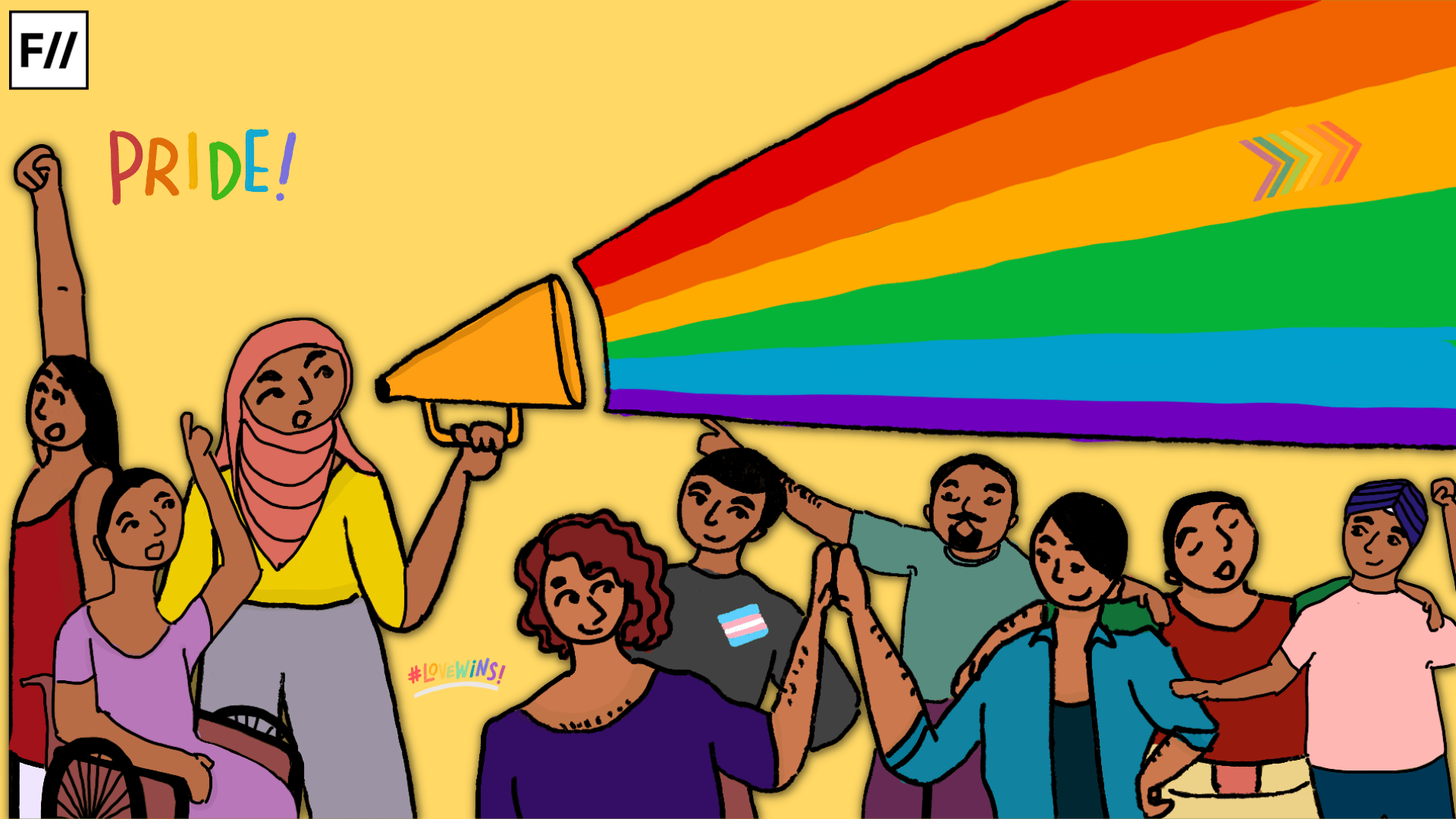
Social change is often snail-paced and non-linear when left to its own devices, but institutional interventions have the ability to accelerate this process. And apart from interventions, how institutions themselves practise concepts of equality, justice, and inclusivity has the potential to inform social perspectives on their practice and change them for the better. But if the very institutions tasked with ensuring the equality of all citizens don’t truly extend such equality to the queer citizens of this country, then there is little hope for any paradigm or meaningful societal shift in terms of attitudes towards queerness in the near future.
About the author(s)
